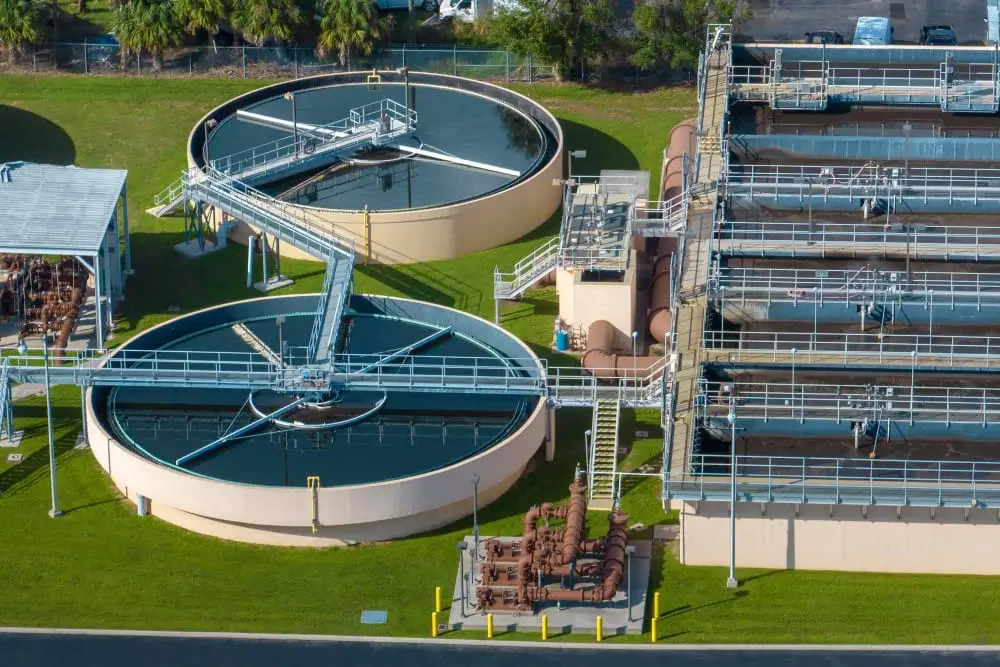Integrating Fire Alarm Control Panels with SCADA for Enhanced Safety
Integrating fire alarm control panels with SCADA systems offers a powerful strategy to boost overall

Control systems engineering is a specialized area of electrical engineering that focuses on designing and implementing automated processes to monitor, regulate, and optimize everything from industrial production lines to municipal infrastructure. One of the most crucial places you’ll see it in action is in the water and wastewater sector, where reliable, efficient, and precise systems help protect public health and ensure environmental sustainability.
Below, we’ll explore what control systems engineering entails, how it applies to water and wastewater management, and what challenges and innovations lie ahead.
What Is Control Systems Engineering?
At its core, control systems engineering is about using sensors, controllers, and feedback loops to keep a process running at its best. The “plant” or “process” being controlled might be a water treatment facility, while the controller is the system that adjusts inputs—like pump speeds or chemical dosages—and the sensor measures outputs (such as flow or water quality).
• Open-Loop Systems: Operate on set commands without feedback, so they can’t adjust to unexpected changes in real-time.
• Closed-Loop Systems: Use ongoing feedback from sensors to adjust operations automatically, making them much more stable and efficient.
These systems can also be designed for continuous data (measured and adjusted in real time) or discrete data (where measurements and adjustments happen at intervals). Both approaches have unique benefits depending on the specific application and operational requirements.
Control Systems in Water Management
Water management is fundamental for homes, businesses, agriculture—you name it. Control systems engineering ensures water is used efficiently and distributed reliably. Let’s look at a few common applications:
Pumping Stations
Pumps are the backbone of any water distribution network. By integrating control systems, operators can automatically adjust pump speeds based on flow rates and pressure, preventing breakdowns and minimizing energy use.
Reservoir Management
Reservoir levels need to stay within certain bounds. Automation helps maintain the right balance between inflows and outflows, making sure there’s enough water during peak demand and preventing overflows during heavy rain.
Water Quality Monitoring
Sensors measure critical parameters like pH and turbidity. If something’s off, the control system can tweak chemical dosages or alert operators to step in, ensuring safe water for consumption and use.
Control Systems in Wastewater Management
Wastewater treatment is essential for public health and environmental protection, and control systems engineering plays a pivotal role here as well:
Treatment Plants
Automated systems regulate processes such as aeration, sedimentation, and disinfection. They gather real-time data on flow rates and chemical concentrations, helping treatment facilities run more smoothly and cost-effectively.
Sewer Networks
Sensor networks can spot blockages, overflows, or unusual flow patterns. That information is fed back to controllers, which then trigger alarms or reroute flows, reducing flood risks and preventing environmental harm.
Resource Recovery
Some wastewater treatment plants convert organic waste into valuable resources like biogas or agricultural fertilizers. Control systems monitor and optimize those processes—maximizing energy production and nutrient recovery.
Stormwater Management
Heavy rainfall can overwhelm sewer systems and cause flooding or pollution. Automated monitoring of rainfall and runoff helps decide when to redirect or store stormwater, keeping sewer systems functioning smoothly.
Current Challenges
Even with all these advancements, water and wastewater systems still face hurdles:
Aging Infrastructure
Many existing pipelines and treatment facilities need major upgrades. Integrating new control technologies with older systems often calls for creative engineering solutions to avoid downtime or reduced performance.
Cybersecurity
As more operations go online, so do the risks. Protecting control systems from hacking or malicious software is a top priority for utilities and industrial facilities.
Energy Consumption
Moving and treating water can be energy-intensive. Engineers continuously look for ways to make processes more energy-efficient without compromising reliability or quality.
Looking Ahead
Fortunately, there’s a lot of innovation on the horizon. Machine learning and AI can improve predictive maintenance and real-time decision-making, while the Internet of Things (IoT) promises greater connectivity, remote control, and data analytics. Sensor technology is also evolving rapidly, making it easier to measure everything from chemical concentrations to pipe vibrations at a lower cost.
These advancements won’t just help us manage water and wastewater more effectively—they’ll also push us toward smarter, greener, and more sustainable practices. As the global demand for clean water rises and environmental regulations become stricter, control systems engineering will only grow in importance.
Integrating fire alarm control panels with SCADA systems offers a powerful strategy to boost overall
Barrier Arresting Kits (BAK) are critical for preventing aircraft overruns during emergencies, providing an effective
Control engineering has come a long way over the past few decades, and new advancements